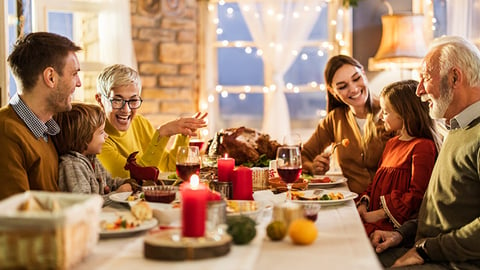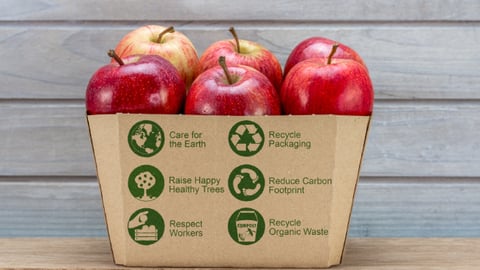Localism, intentional spending, self-improvement and more consumer trends for 2023: Mintel
London-headquartered market research firm Mintel has released its predictions for the trends that will shape global consumer markets over the next five years and beyond.
Its Global Consumer Trends 2023 report isolates five trends centred around what Mintel calls "core drivers of consumer behaviour:" identity, rights, surroundings, experiences, technology, wellbeing and value.
Read on for more of how brands can adapt to shifting consumer behaviour, according to Mintel.
Me mentality
Simon Moriarty, director of Mintel Trends, EMEA, said consumers are focused on themselves after years of putting their needs on the back burner in favour of public health and safety.
“As consumers look to build up new parts of their identity, brands can help fill in the gaps with offerings that help them grow their skills and gain mastery in new areas,” Moriarty said in a press release.
Demand for mental health and wellness-focused products will grow. And in the near future, more consumers will turn to the metaverse.
“This will result in fragmented identities online. With this, there will be a stronger movement toward data privacy and consumer protection as consumers’ digital footprint becomes more robust and layered.”
Power to the people
More than ever, consumers want to be co-creators of the brands they love.
“Brands have to make room for a new ‘c’ in their c-suite: consumers,” Moriarty said. “Responding to this demand requires brands to listen and react while keeping market innovation a priority.”
NFTs and Web3 communities are opening up new channels for consumers to own a piece of a brand and connect with its success. Mintel predicts brands will increasingly cater to the niche identities of consumers, fragmenting large legacy brands into smaller, targeted units.
Hyper fatigue
Consumers are feeling overwhelmed by the pandemic, rising cost of living, energy crisis, geopolitical unrest and climate crisis. Mintel predicts many will seek meaning and solace by reconnecting with their surroundings, communities and themselves.
“Charitable and community initiatives born out of inspiring brand collaborations will play an intrinsic part in countering fatigue levels, empowering people to take control, and helping them build a positive outlook amid financial adversity. In the next five years, expect brands to establish boundaries to bring order to the influx of information and initiatives to enable consumers to form healthy connections with resources in the technology, wellness and leisure spaces,” Moriarty said.
International localism
A “hangover” from the pandemic, many consumers will place greater importance on local resources and businesses, Mintel predicts.
“A reconnection with ‘local’ is also a way for consumers to protect themselves financially, environmentally and psychologically, and feel that they are giving back in some way,” Moriarty said. “Consumers will respond instinctively to home-grown innovators and brands that stamp their authenticity on the items they produce and sell. ‘Localism’ will come to mean supporting communities where the product is manufactured rather than where the consumer is located. Over the next few years, consumers will demand the traceability of raw materials and more transparency around how brands are conserving local resources.”
Intentional spending
Consumers are spending more intentionally in a tough economic environment, but without sacrificing quality of life.
“Expect a stronger focus on durability, flexibility and timelessness as consumers seek to buy less and own products that last longer and serve multiple purposes. As the market becomes further saturated with added-value claims, consumers will grow more sceptical and discerning. In the next five years, expect to see purpose-driven brands emerge with innovations that address long-term challenges faced by the industries, nations and communities in which they are a part,” Moriarty said.



